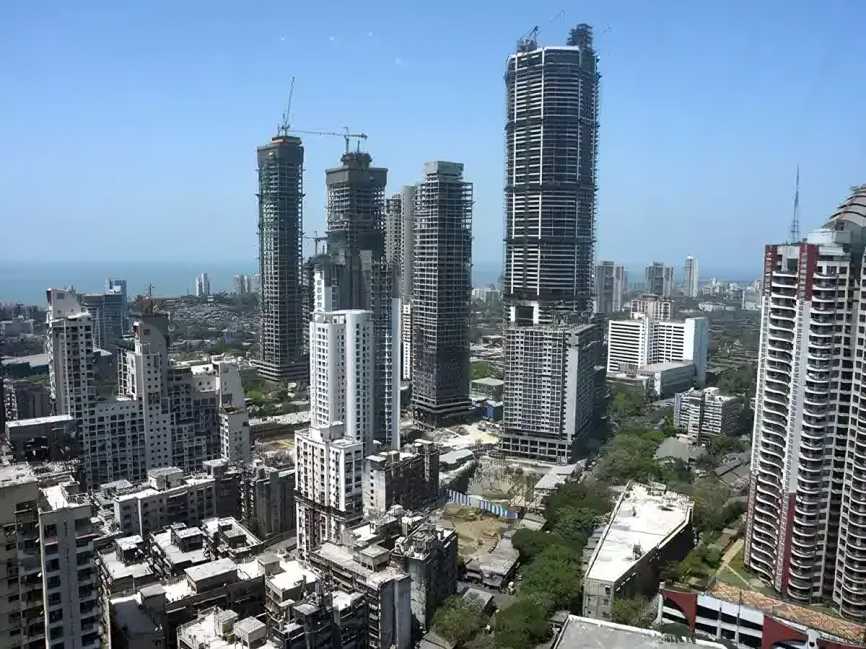November 15, 2025: The Income Tax Appellate Tribunal (ITAT) Mumbai has issued a significant clarification on how short-term capital gains (STCG) from housing society redevelopment projects should be taxed. In a ruling dated October 27, 2025, the tribunal held that gains arising from the transfer of development rights to a builder are taxable in the hands of individual homeowners—and not the cooperative housing society—The Economic Times reported.
The case revolved around RBI Employees Bhagvati Co-operative Housing Society Ltd., registered under the Maharashtra Co-operative Housing Society Act, 1960. The Income Tax Department had added nearly Rs 5 crore (Rs 4,97,63,657) to the society’s STCG and imposed a penalty of Rs 1.53 crore (Rs 1,53,76,971), prompting the society to challenge the assessment.
Explaining the matter, Chartered Accountant Suresh Surana noted, “In this case of ITO vs RBI Employees Bhagvati Co-operative Housing Society Ltd., the assessee, a residential society in Mumbai, entered into a redevelopment agreement with a developer.” Under that agreement, the developer provided reconstructed flats, additional area, temporary accommodation, or monetary compensation to members.
Why the Society Escaped Tax Liability
The tax department initially treated the society as the property owner while calculating STCG. However, the ITAT found that the land and building legally belonged to individual members, and the society acted only as their representative when signing the redevelopment agreement. All benefits—whether additional area, cash, or rent—were received by members. Surana added, “Thus, the ruling reaffirms that in housing society redevelopment projects, the tax follows ownership… the individual members, being the true owners, are liable for any capital gains.”
What This Means for Members
Individual homeowners must pay tax on monetary compensation, rent reimbursements, or extra built-up area. The nature of the gain depends on the holding period of the original flat, and exemptions under Sections 54 and 54EC may still apply. Meanwhile, the society remains exempt, as it has no beneficial ownership or profit element.
The tribunal also supported the CIT(A)’s decision to scrap the Rs 1.53 crore penalty, reiterating that the society’s role was purely fiduciary.
Source: ET Now
















